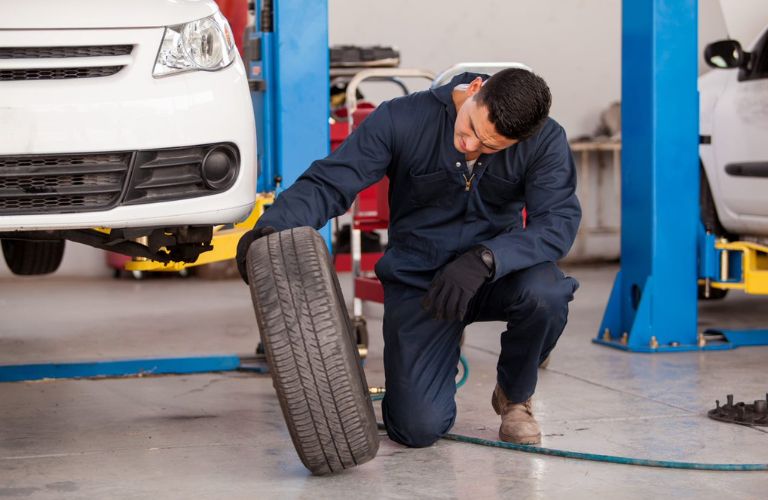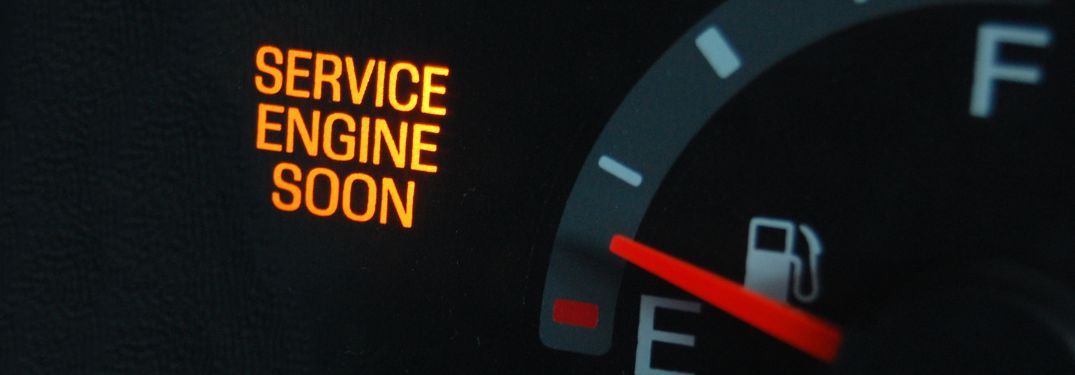Third Coast Auto Group Official Blog
How often should you rotate your tires?
By Product Expert | Posted in Tips and Tricks on Thursday, March 30th, 2017 at 2:28 pm
Of all the parts of your car, the tires are the piece that you will likely have to replace the most often. Why? Simply put, tires are the only part that touches the road, which means that they will experience some serious wear and tear. But how often should you rotate your tires? Each vehicle will have a recommended rotation schedule (generally available in the owner’s manual, if you have that available) but generally it is recommended that tires be rotated and balanced every six months or 6,000 to 8,000 miles. That’s about once every other oil change, depending on the age of your vehicle and if you have standard (rather than synthetic) oil. But why should you rotate your tires? And is tire rotation and balancing the same thing? Keep reading to find out.
Is tire rotation and balancing the same thing?
While tire balancing should absolutely happen every time you get your tires rotated, the two processes are not actually the same thing. Rotating your tires means moving them from their current position. Whether this means just moving the front tires back and visa versa, or also switching the right and left sides, it is a simple change of position. Balancing your tires means making sure that the weight of the combined wheel and tire is evenly distributed. This is done with positioning, but also with small weights attached to the tire or the wheel. This process requires specialized machinery.
If your tires are unbalanced (whether because the shop did a bad job, or because wear and tear or the Texas heat has affected your tires and wheels) it can cause your car to shake.

Why is tire rotation important?
Tire rotation is important because as you drive, your tires will wear out unevenly. Maybe you keep a lot of weight in the back, or you like to take right turns very fast. Either way, one tire may become more worn-out than its fellows. Rotating allows all the tires to wear out in different ways, which can allow them to all last longer.
If you have liked this post, be sure to check out our past tips and tricks to learn even more about vehicles and vehicle maintenance.


